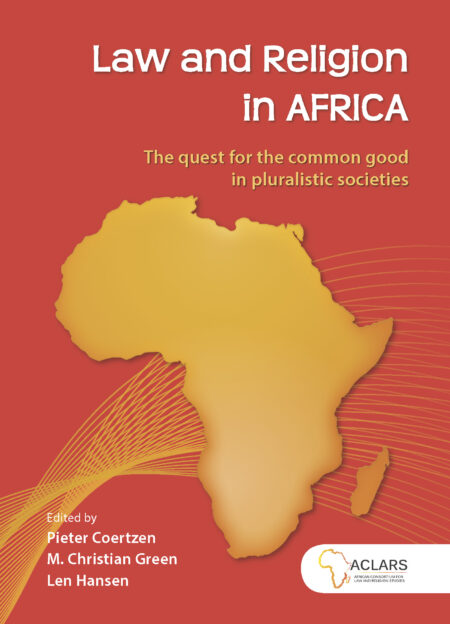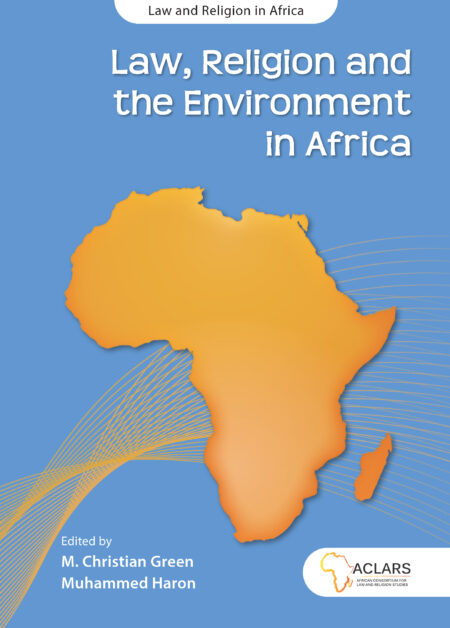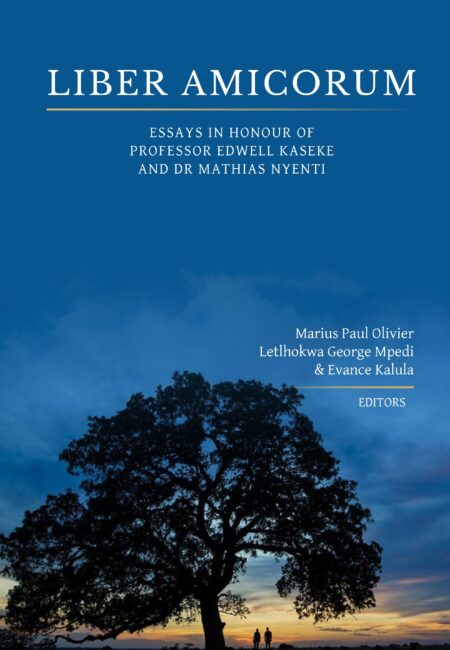-

Law & Investment in Africa
0R275,00Zimbabwe has had a chaotic foreign direct investment (FDI) regime. This has created the need for a detailed volume on the most important developments around the protection and treatment of FDI, at not only a domestic level, but also at bilateral, regional and international levels. The author argues that while Zimbabwe has now harmonised, previously scattered legislation under the Zimbabwe Investment and Development Agency Act [Chapter 14:37] and taken measures to reverse (to varying degrees) controversial policies such as the land reform programme and the Indigestion and Economic Empowerment Policy, scepticism still prevails over the investor-friendliness of the FDI regime in Zimbabwe.
eBook: View eBook Version
-

Law & Investment in Africa
0R225,00Zimbabwe has had a chaotic foreign direct investment (FDI) regime. This has created the need for a detailed volume on the most important developments around the protection and treatment of FDI, at not only a domestic level, but also at bilateral, regional and international levels. The author argues that while Zimbabwe has now harmonised, previously scattered legislation under the Zimbabwe Investment and Development Agency Act [Chapter 14:37] and taken measures to reverse (to varying degrees) controversial policies such as the land reform programme and the Indigestion and Economic Empowerment Policy, scepticism still prevails over the investor-friendliness of the FDI regime in Zimbabwe.
Print: View Print Version
-

Law and Religion in Africa
0R425,00In our time the study of law and religion is emerging as a wide-ranging and vital academic discipline, with increasingly urgent implications for society at large. Lying at the intersection of a variety of other disciplines ? law, theology, religious studies, political science, sociology and anthropology, to name only the most obvious ? the field of law and religion is generating a burgeoning volume of interdisciplinary and trans-disciplinary research and study. The current volume is proof of this. The discussion of the relationship between law and religion, as seen from a variety of perspectives in Africa, underscores the critical importance of the issues involved in the everyday life of all citizens. It is accordingly vital for governments to take note of the scholarly results that are produced. We hope that this volume will contribute to this aim.
-

Law, Religion and the Environment in Africa
0R0,00This volume explores themes of ecotheology, ecofeminism, environmental pollution and degradation, climate change, human and environmental rights, sustainable development, human-animal relations through totem and taboo, sacred sites and spaces, and other environmental topics in ways that add immeasurably to the study of African environmentalisms and the interaction of law and religion. In terms of religion, the capability of humans not only to sin and destroy the earth, but also to repair and redeem it, is very much in evidence across Christianity, Islam and AfricaOs many indigenous religious and cultural traditions. In terms of law, the need for effective policies and for states and governments to work with indigenous groups and communities towards environmental solutions is also apparent.E
-

Law, Religion and the Family in Africa
0R470,00The family is a crucial site for the interaction of law and religion the world over, including Africa. In many African societies, the family is governed by a range of sources of law, including civil, constitutional, customary and religious law. International law and human rights principles have been domesticated into African legal systems, particularly to protect the rights of women and children.EReligious rites and rituals govern sexuality, marriage, divorce, child-rearing, inheritance, intergenerational relations and more in Christianity, Islam and indigenous African custom. This book examines the African family with attention to tradition and change, comparative law, the relation of parents and children to the state, indigenous religion and customary law, child marriage and child labour and migration, diaspora and displacement.
eBook: View eBook Version
-

Law, Religion and the Family in Africa
0R0,00The family is a crucial site for the interaction of law and religion the world over, including Africa. In many African societies, the family is governed by a range of sources of law, including civil, constitutional, customary and religious law. International law and human rights principles have been domesticated into African legal systems, particularly to protect the rights of women and children. Religious rites and rituals govern sexuality, marriage, divorce, child-rearing, inheritance, intergenerational relations and more in Christianity, Islam and indigenous African custom. This book examines the African family with attention to tradition and change, comparative law, the relation of parents and children to the state, indigenous religion and customary law, child marriage and child labour and migration, diaspora and displacement.
Print: View Print Version
Print: View Print Version
-

Law, Religion, Health and Healing in Africa
0R0,00The Covid_19 pandemic was global in its spread and reach, as well as in its medical, social and economic effects. In many respects, the global effort to Oflatten the curveO produced a flattening of experience around the world and a striking coincidence of similar experiences in countries the world over. The identity, simultaneity and uniformity of experience were also manifest in common concerns at the intersection of law and religion in many nations around the world, including Africa. The lockdowns and closure of religious worship centres churches, mosques and religious organisations of all sorts raised questions of freedom of religion and the related concern for freedom of assembly, along with concerns about the relation of religion to science and public health, religious channels of communication and religious provision of social services. After all, health, communications and social services are all areas in which African religious organisations play key roles. Potential tensions around these issues raised further considerations about the nature of religion-state relations, the status of religious authority and whether religious and state actors would work together or at odds in addressing the Covid_19 pandemic.
-

Leapfrogging Africa
0R220,00In this study, we look at the potential for development leaps in Africa in three key sectors that provided the basis for socioeconomic development around the world: health, education and agriculture. Advances in these sectors increase the human capital, create jobs and economic opportunities and have a positive influence on each other. Healthy and well-fed children can learn better; hygiene and better medical care diminish infant mortality, which reduces the desire for a large number of children; education for women promotes gender equality and causes birth rates to fall further. This creates a population structure under which the economy can grow particularly well: a demographic dividend becomes possible.
-

Leapfrogging Africa
0R275,00In this study, we look at the potential for development leaps in Africa in three key sectors that provided the basis for socioeconomic development around the world: health, education and agriculture. Advances in these sectors increase the human capital, create jobs and economic opportunities and have a positive influence on each other. Healthy and well-fed children can learn better; hygiene and better medical care diminish infant mortality, which reduces the desire for a large number of children; education for women promotes gender equality and causes birth rates to fall further. This creates a population structure under which the economy can grow particularly well: a demographic dividend becomes possible.E
-

Learning to teach in post-apartheid South Africa
0R400,00Teacher education programmes seek to provide student teachers with the knowledge and expertise to provide qualtiy teaching and learning in a diverse and challenging school context. Learning to Teach in post-apartheid South Africa: Student Teachers’ Encounters with Initial Teacher Education addresses the complexities of teacher education programmes in preparing students to teach. It adds to the knowledge about teacher education, contributing critical understanding of education and the schooling system. The book provides important insights to deepen researchers, academics, teacher education providers, policy-makers, and students’ understanding of the importance to address equity, redress, and quality in South African educaiton in a post-apartheid era. This book further helps to build student teachers’ capacities to work creatively and to become active and critical agents of transformation. It ultimately outlines the challenges face in designing and delivering successful Inital Teacher Education programmes, and the impact this has on delivering equitable and qualtiy education.
eBook: View eBook Version



